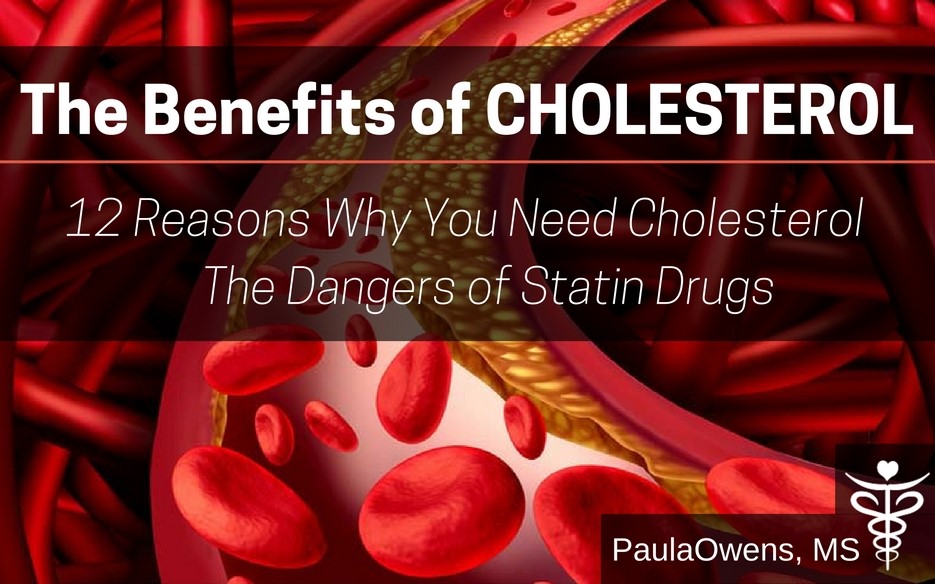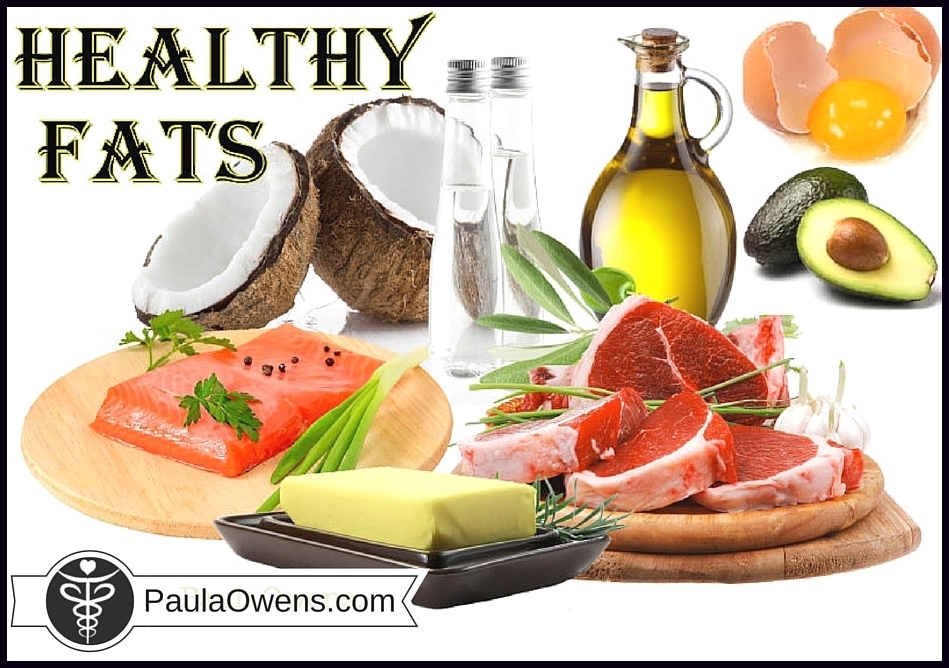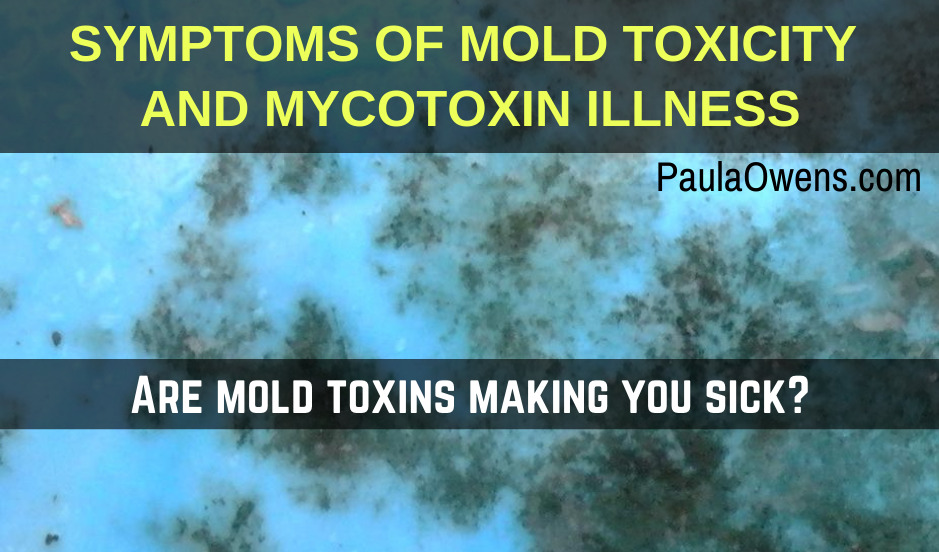 Cholesterol is a fatty substance that is essential to healthy brain function, hormone production and many metabolic processes. Contrary to popular belief, we need cholesterol.
Cholesterol is a fatty substance that is essential to healthy brain function, hormone production and many metabolic processes. Contrary to popular belief, we need cholesterol.
Cholesterol-lowering statin drugs are one of the top prescribed drugs nowadays. One in four Americans over age 40 and approximately 80% of those 60-75 years of age currently takes a statin drug such as Lipitor, Zocor and Crestor. These drugs do not address the underlying root causes of high cholesterol. They’re an artificial band-aid that come with harmful and often detrimental side effects.
Cholesterol Benefits
Your body and the brain need cholesterol to thrive. Without it, we will not function or survive. Those with higher cholesterol have the best memory function, better memory scores, less depression, and they live longer! [Am J Geriatr Psychiatry. 2008]
Higher cholesterol predicts a lower risk of death from heart disease, better memory function, and greater protection from GI and respiratory infections.
12 Cholesterol Benefits: Why You Need Cholesterol
- cell membrane structure and support; cellular function and repair
- mitochondrial function
- cholesterol is a precursor hormone production and function (sex hormones and adrenal hormones are produced from cholesterol)
- activates the release of neurotransmitters such as serotonin, GABA and dopamine that help you to feel happy, calm and think straight
- necessary for a healthy nervous system (an essential fuel for neurons)
- supports digestion and bile acid production
- protection from infections
- required for healthy immune function
- involved in reducing inflammation
- cholesterol is used in vitamin D production
- a powerful repair substance that controls free radial damage and oxidation
- it’s vital to healthy brain and neurocognitive function (the brain is the most cholesterol-rich organ in the body)
Dietary cholesterol and higher fat foods (organic butter, eggs, coconut oil, grass-fed pasture-raised animal protein) do not affect or raise cholesterol. Many heart patients have normal cholesterol and studies show that 24 eggs a week have no effect on cholesterol levels. [NEJM, Sept 1982] “Blaming cholesterol for heart disease is like blaming the fireman for the fire.” – Dr. Jonny Bowden
“Blaming cholesterol for heart disease is like blaming the fireman for the fire.” – Dr. Jonny Bowden
If your cholesterol is too high, the problem is not the cholesterol. Cholesterol is an innocent bystander, and your body has raised it to play some type of essential role for your survival.
Root Causes of High Cholesterol
- A diet high in processed carbohydrates, sugar, alcohol, rancid vegetable oils, hydrogenated fats, and overly processed foods
- Dehydration
- Inflammation overload
- Congested sticky bile, gallbladder dysfunction, and a sluggish liver
- Insulin resistance and poorly managed diabetes
- Infections (dental infections, parasites, yeast, Candida overgrowth, bacterial) Multiple studies have shown associations between bacterial infections like Chlamydia pneumoniae and H. pylori, which is the bacterium causes duodenal ulcers, and viral infections like herpes and cytomegalovirus and elevated lipids.
- Genetics
- Leaky gut, digestive dysfunction
- Environmental toxicity due to heavy metals, pesticides, glyphosate, or other toxic chemicals and contaminants
- Low thyroid function (hypothyroid) and overactive adrenals
- Mental, emotional and physical stress can also influence cholesterol levels
Low cholesterol is not healthy
So much has been written concerning the evils of high cholesterol, however very little has been reported concerning low cholesterol. Low cholesterol (<150) can be normal for a vegan or vegetarian and those with a genetic predisposition, however a National Institute of Health meta-analysis indicates that LOW TOTAL CHOLESTEROL (<160mg/dL) is associated with…
- Compromised immune function
- Higher rates of depression, bipolar disorder, anxiety, aggression and suicide
- Impaired liver function
- An inability to make sex hormones
- Respiratory illness
- Hyperthyroidism, Grave’s disease
- Greater risk of stroke, dementia, brain-related deaths and neurological disorders including Alzheimer’s and Parkinson’s
- Increased cancer risk. A total cholesterol <140 is one of the red flags of cancer (JAMA, Dec 1980)
- Increased tendency toward infections, such as tuberculosis and GI infections
- Increased risk of cataracts
- Increased rate of school suspension
- Greater difficulty in kicking drug and alcohol addiction
Cholesterol Benefits — Test to Assess, Don’t Guess!
Know your numbers and balance your body chemistry with nutrition via a functional blood chemistry analysis. Realize that so-called ‘normal’ lab ranges are much too broad and not considered to be ‘healthy’ or ‘optimal.’ Increased triglycerides in conjunction with a low HDL along with increased inflammatory markers (insulin, A1c, CRP, fibrinogen, iron, ferritine, homocysteine) are more significant factors for heart disease than high cholesterol by itself. Factors that have a far greater influence for cardiovascular risk are iron overload, heavy metal toxicity, calcification, insulin resistance (pre-diabetes), chronic inflammation and oxidation.
The standard cholesterol panel does not predict the potential for disease of the arteries, and does provide enough information.
Include the following blood tests:
- Particle size and particle number
- Lp(a)
- C-reactive protein
- Fasting insulin, hemoglobin A1c and glucose
- Iron and ferritin
- Fibrinogen
- Homocysteine
- Rule out heavy metal toxicity
The Dangers of Statin Drugs
If you’re a post-menopausal women with high cholesterol, your doctor will almost certainly recommend cholesterol-lowering medication or statins. And it just might kill you. –Dr. Mark Hyman
Most common side effects from cholesterol-lowering statin drugs
The scientific community has also found that statin drugs negatively impact women in particular.
- Muscle and joint pain; the pain can become quite severe, which is known as rhabdomyolisis.
- Cataracts
- Diabetes
- Sexual dysfunction
- Headaches
- Erectile dysfunction
- Hormonal problems
- Impaired digestion, faulty liver function and kidney damage
- Memory loss, confusion, brain fog, dizziness, reduced cognitive function
- Rashes, hives and itchy-skin
- Weak muscle function in the heart and blood vessels through the depletion of coenzyme Q10
- Nutrient deficiencies in fat soluble vitamins A, D, E, K
A study in the journal Atherosclerosis found that statin drug use is associated with a 52% increased risk of calcified coronary plaque compared to non-users. Coronary artery calcification is the hallmark of heart disease!
Nearly 50% of all statin drug users stop taking them due to the complications associated with them. Researchers have studied 4 million people using statin drugs over a 5-year period, and reported that they saw no evidence whatsoever that statin drugs reduced cardiovascular events or risk.
It’s important to protect yourself from the side effects of statin drugs. If you’re currently taking a statin drug or you’ve taken one in the past, or your cholesterol is considered too high, it’s important to address nutrient deficiencies and consider much safer and natural therapies.
Targeted Nutritional Therapy for High Cholesterol
- Omega-3 fatty acids (fish oil)
- Coenzyme Q10 to protect your mitochondria from oxidative damage
- Carnitine
- Vitamin D with vitamin K
- Vitamin E plus tocopherols
- Berberine
- Probiotics
- Bergamot
- Niacin
- Bile support, digestive enzymes
It’s no surprise that most statin studies are funded by Big Pharma and the stain drug companies! If you have had a heart attack or have heart disease, the evidence shows that statin drugs may help to protect against a second heart attack. However, the majority of cholesterol-lowering drugs are prescribed to healthy people whose cholesterol is a little high. For these folks, the risk clearly outweighs the benefit.
If a doctor’s go-to remedy is to prescribe a statin drug, and they fail to mention the cholesterol benefits or fail to ask anything about your diet, environment or lifestyle, and they fail to assess thyroid function, hormones, toxic load, digestion, gut health, underlying infections, and nutrient status, walk away!
No one is statin deficient…just nutrient deficient, poor food and lifestyle choices, eating too many chemicals, chronically stressed, toxic environment, emotionally overloaded, underlying infections, hidden food sensitivities, sunlight deficiency, chronic low-level inflammation, hormone imbalances and sleep deprived.
Take back your health today!
Cholesterol Benefits — Wellness Minute Videos
- Cholesterol: One size does not fit all?
- High Cholesterol? You have options
- Forget Cholesterol, Here’s a Better Predictor
Related Articles
- How to Lower Your Blood Pressure Naturally
- What You May Not Know About Heart Disease
- Clinical Pearls from the IFM Conference (Cardiovascular Disease & Heart Health)
- The Health Benefits of Butter


